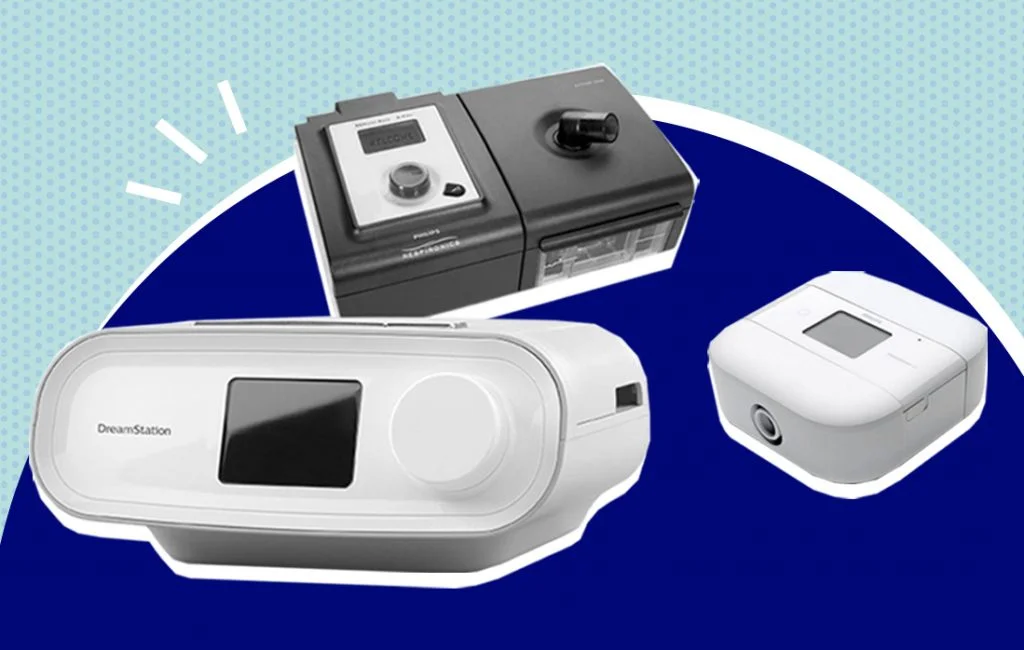
Patients with sleep apnea, using recalled CPAP and BiPAP machines, have been scrambling to navigate a trying year with varying degrees of information after a huge recall of sleep devices.
Five million people were impacted by a 2021 voluntary recall, mostly for first-generation DreamStation products made by Philips. Since then, many patients have experienced delays in obtaining replacement devices, and others have turned to alternative methods for treating Sleep Apnea and snoring and still others are using their devices despite the recall.
On June 28, Philips issued an additional statement explaining that upon further research and additional testing, the foam that was at the center of the recall rarely dissolves, and they’ve found “a very low prevalence of visible foam degradation.” the Wall Street Journal reported. Philips added that the new and used versions of the recalled machines passed volatile organic compound (VOC) and respirable particulate emission testing, which analyzes how harmful inhaled chemicals from the foam may have been. Philips also pointed to incorrect cleaning methods, such as “ozone cleaning” in cases of more significant foam breakdown. Ozone gas cleaning, or UV light cleaning devices are not FDA authorized, and shouldn’t be used as a reliable cleaning source for CPAP machines.
Multiple lawsuits against the company are in the works, and in a statement to Bloomberg, Philips hinted that this unauthorized use of ozone cleaners might be a major defense tactic in upcoming lawsuits.
The U.S. Food and Drug Administration statement explains that they had received over 21,000 medical device reports between April 2021 through April 2022, including 124 reported deaths “associated with the PO-PUR foam breakdown, or suspected foam breakdown.” These included reports from Philips and voluntary reports from patients, health professionals, and consumers. Some of the leading concerns were dizziness, pneumonia, cancer, respiratory problems, cough, headache, and other symptoms.
Dr. Po-Chang Hsu, Medical Content Expert at Sleeping Ocean explains that VOCs are considered carcinogens. “They can seriously impact one’s health,” he says, urging patients to consult with their physicians while waiting for a replacement machine. “As a consumer, always contact your physician if you experience discomfort or symptoms related to your respiratory machines. The earlier you can notify your healthcare providers about these problems, the earlier your providers can verify the causes and provide solutions to your problems related to your machines and treatments.”
In a June statement from Philips to Sleepopolis via email, Steve Klink, Head of Global Press office and Industry Relations at Philips explained that “we regret the concern and inconvenience that the June 2021 recall notification for specific CPAP, BiPAP, and mechanical ventilator devices may have caused for patients and care providers, and we apologize for that.”

























